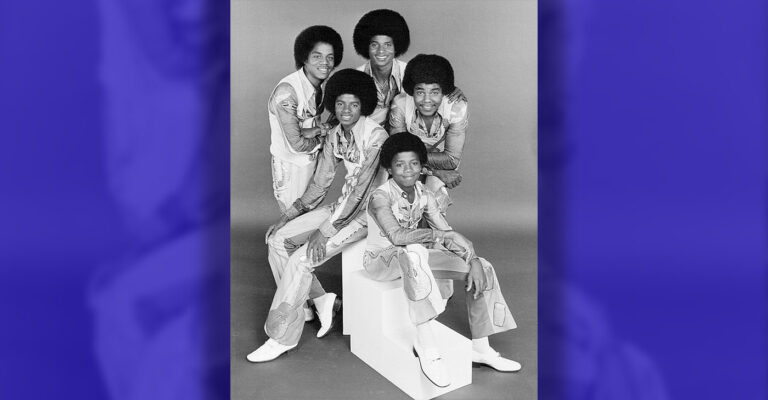By Stacy M. Brown
Black Press USA Senior National Correspondent
There is a tragedy that runs through the name Jackson—not the tragedy of loss alone, but of transformation. It is the story of what happens when the dream that began in Black struggle is reborn in white comfort. When Jermaine Jackson once said he would trade it all—fame, fortune, and fans—to return to Gary, Indiana, to live again as a family, he spoke a truth too heavy for the world that fame built. For the Jacksons, the price of glory was not simply isolation; it was erasure. The Jackson empire was carved from the calloused hands and boundless genius of a Black family who dared to believe that rhythm could set them free. And yet, decades later, that empire stands as a monument to irony: a fortress of Black creation now inhabited by white heirs.
Paris Jackson, the daughter of Michael, has filed a legal challenge against the estate that not only sustained her but also saved her. She calls the executors “the Wizard of Oz,” accusing them of arrogance and secrecy. But her rebellion is not against oppression — it is born from privilege. While her father died crushed beneath $500 million in debt and accused of the unthinkable, his executors, John Branca and John McClain, raised his name from ashes to billions. They rebuilt his legacy, secured his music, and gave his children the kind of wealth that most Black families in America are still forbidden to imagine.
Paris has already received more than $65 million from the estate. She lives not in scarcity but in abundance — buying homes the way some people buy shoes, leaving one behind when it no longer thrills her. A family insider said, “She quickly got bored with one house and simply bought another.” It is a luxury made possible not by labor or struggle, but by inheritance — by the color of her lineage in a country that rewards proximity to whiteness. Prince Jackson has chosen grace, calling for reason and restraint. Bigi remains quiet, unseen. But Paris wages her battle in public, against the very men who ensured she could fight at all. It would be easier, perhaps, to dismiss her as simply misguided — a young woman struggling to define herself beneath the shadow of an immortal father. Yet to do so would ignore the deeper truth. Her defiance is not rebellion against injustice; it is the performance of privilege. It is the kind of fight only the wealthy can afford — the kind of noise only heard when one has never known silence.
Meanwhile, the family that began it all — Jermaine, Marlon, Jackie, Randy — stands on the sidelines, the architects of a dynasty watching as the wealth of their name enriches a generation that will never know the pain of Gary’s steel mills or the racial contempt that chased them from stage to stage. Across America, the median Black household holds just $24,000 in wealth — a fraction of the nearly $190,000 that defines white households. The Jackson story, once a symbol of what Black excellence could achieve, now mirrors what the nation has always done: transfer Black labor into white prosperity.
This is not merely family drama. It is history repeating itself. The Jacksons built a legacy from rhythm and pain, from the hard beauty of Black creation. And now, as Paris fights the estate that feeds her, she becomes both symbol and symptom of a world where white wealth is inherited, and Black genius must always be defended. Michael Jackson once sang of being the man in the mirror, begging humanity to change its ways. But the mirror now reflects something colder — a daughter at war with the ghost of her father, and an empire where the struggle of a Black family has become the comfort of a white one. In the end, the question is not whether Paris Jackson is wrong. It is whether the world that produced her can ever be right.







